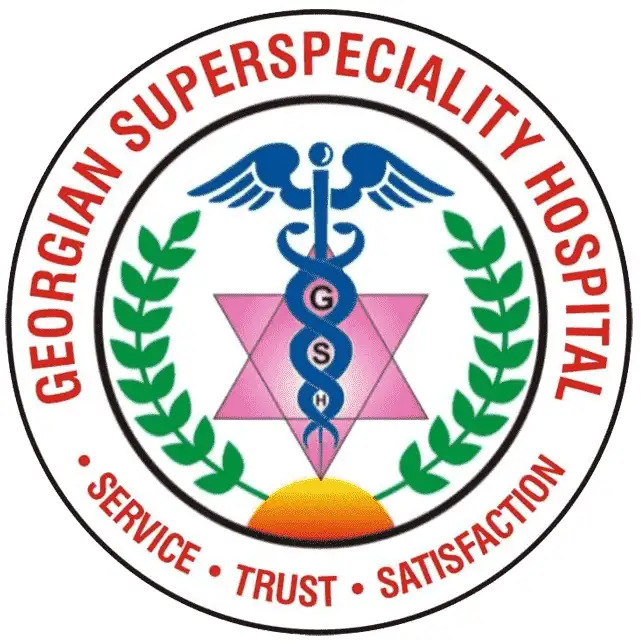Summer brings warmth and outdoor activities, but it also poses unique challenges to our neurological well-being. The team at Georgian Hospital understands these challenges and is dedicated to providing guidance on maintaining optimal neuro health in summer. This comprehensive guide outlines vital strategies to keep your brain and nervous system functioning at their best during the hotter months.
The Impact of Summer Heat on Neuro Health
High temperatures can significantly impact neurological health. Heatstroke, dehydration, and electrolyte imbalances are serious concerns. These conditions can lead to a variety of neurological issues, from mild headaches to severe cognitive impairments.
Heatstroke and the Brain
Heatstroke occurs when the body’s core temperature rises to dangerous levels. This can cause brain swelling and damage, resulting in symptoms like confusion, seizures, and loss of consciousness. It is a medical emergency that requires immediate attention.
Dehydration and Cognitive Function
Dehydration can impair cognitive function, affecting memory, attention, and decision-making. Even mild dehydration can lead to headaches and fatigue, impacting daily productivity and overall well-being.
Electrolyte Imbalances and Nervous System
Electrolytes, such as sodium and potassium, are crucial for nerve function. Excessive sweating during summer can deplete these electrolytes, causing muscle cramps, weakness, and neurological disturbances.
Strategies for Maintaining Neuro Health in Summer
Adopting specific strategies can help protect your neurological health during summer. These tips, curated by specialists at Georgian Hospital, focus on hydration, nutrition, and lifestyle adjustments.
Hydration is Key
Staying hydrated is essential for maintaining neuro health in summer. Water helps regulate body temperature and supports brain function.
- Drink water consistently throughout the day, even if you do not feel thirsty.
- Carry a water bottle with you and refill it regularly.
- Consume hydrating foods like fruits and vegetables with high water content.
- Avoid excessive intake of caffeinated drinks and alcohol, which can dehydrate the body.
Nutritional Support
A balanced diet is crucial for supporting neurological health. Certain nutrients play a vital role in brain function and nerve health.
- Include plenty of fruits and vegetables rich in antioxidants, which protect the brain from damage.
- Ensure adequate intake of omega-3 fatty acids, found in fish and nuts, to support brain health.
- Consume foods rich in vitamins B and D, which are essential for nerve function.
- Limit processed foods, sugary drinks, and unhealthy fats that can negatively impact health.
Managing Sun Exposure
Excessive sun exposure can lead to heatstroke and other health issues. Protect yourself from the sun with these measures:
- Avoid being outdoors during the hottest part of the day, usually between 10 a.m. and 4 p.m.
- Wear protective clothing, such as hats, sunglasses, and light-colored, loose-fitting attire.
- Apply sunscreen with a high SPF to protect your skin.
- Seek shade whenever possible when outdoors.
Keeping Cool Indoors
Maintaining a cool environment indoors is crucial for preventing heat-related illnesses.
- Use air conditioning or fans to keep indoor temperatures comfortable.
- Take cool showers or baths to lower body temperature.
- Close curtains or blinds to block out sunlight and heat.
- Ensure good ventilation in your living and working spaces.
Monitoring Physical Activity
While exercise is important, it’s essential to adjust your routine during summer to avoid overexertion.
- Exercise during cooler times of the day, such as early morning or late evening.
- Reduce the intensity and duration of workouts when the weather is hot.
- Stay hydrated before, during, and after physical activity.
- Listen to your body and take breaks when needed.
Recognizing Signs of Heat-Related Illness
It is crucial to recognize the early signs of heat-related illness to seek timely medical attention.
- Symptoms of heat exhaustion include heavy sweating, dizziness, headache, nausea, and muscle cramps.
- Symptoms of heatstroke include high fever, confusion, seizures, and loss of consciousness.
- If you experience any of these symptoms, move to a cool place, drink water, and seek medical help immediately.
Maintaining Mental Well-being
Summer can also affect mental well-being. Changes in routine, social activities, and environmental factors can impact mood and stress levels.
- Engage in relaxing activities, such as reading, meditation, or spending time with loved ones.
- Maintain a regular sleep schedule to support mental and physical health.
- Stay connected with friends and family to avoid feelings of isolation.
- Seek professional help if you experience persistent feelings of sadness or anxiety.
Special Considerations for Vulnerable Populations
Certain groups are more vulnerable to heat-related illnesses and require extra care.
- Older adults, young children, and people with chronic medical conditions are at higher risk.
- Ensure these individuals stay well-hydrated and avoid excessive heat exposure.
- Regular check-ins and monitoring are essential for their well-being.
Travel and Neuro Health in Summer
Traveling during summer can pose additional challenges to neuro health.
- Stay hydrated during travel, especially on long flights or drives.
- Plan for breaks and rest stops during journeys to avoid fatigue.
- Be mindful of temperature changes and adjust your clothing and activities accordingly.
- Carry essential medications and medical supplies with you.
Conclusion
Maintaining neuro health in summer requires proactive measures and awareness. By staying hydrated, eating a balanced diet, managing sun exposure, and recognizing signs of heat-related illnesses, you can protect your brain and nervous system during the hotter months. The insights from Georgian Hospital emphasize the importance of prioritizing neurological well-being as part of overall health. Stay informed, take precautions, and enjoy a safe and healthy summer.


